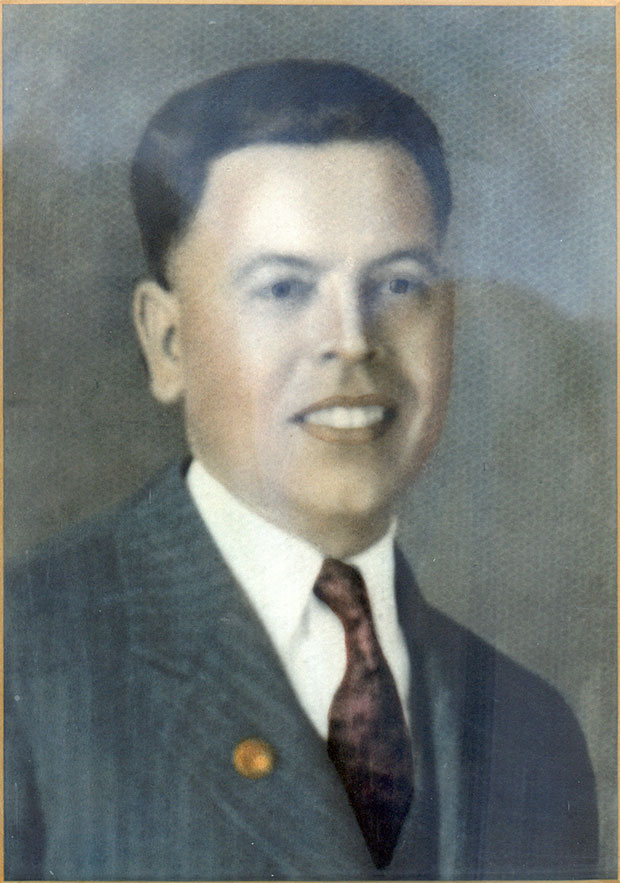Maritime Shift

Alexander Billinis
I have been writing in this column at Neo Magazine for nearly nine years now. Nearly every month, I have had to come up with a topic relating to Hellenism, particularly the Diaspora, to bring to Neo Magazine’s analog and digital readership the insights (or ravings, occasionally) of this particular Diaspora Greek.
It is with great pleasure that I announce that I have been accepted, just shy of my half century mark, to attend Clemson University’s Department of History as a master’s degree candidate. I also have the distinct honor to be an instructor on campus (though the undergraduates under my tutelage might think otherwise). Among the classes I am taking, my digital history class has taxed my very limited technological skills to the hilt, but a round table discussion with my fellow graduates brought forth in me a burst of clarity:
I must do my digital history project (and perhaps my master’s thesis) on a topic relating to the Greek Merchant Marine!
I have to do this. For any number of reasons. First, what is more emblematic of Diaspora Hellenism than the Greek and Greek-owned ships plying all the oceans of the world. To discuss the Greek Diaspora one must, of necessity, speak of the Greek merchant marine legacy.
But there is more.
I am the son of a son of a sailor. Both sides of my paternal line were sailors. My paternal grandfather, from the Vatika “finger” of the Peloponnesus, was one of many sailors in his family, and I have found his relatives from Mozambique to Australia to South America, to the US. My maternal grandmother was the daughter of a Hydra captain, an island that needs no introduction in terms of its maritime tradition. My uncles by and large were at sea, in roles from captain to (the most common) engineer, to deckhand. Many of my cousins were, or married, merchant mariners. We are a naval family.

Picture is of my grandfather who
perished in The Battle of the Atlantic.
But there is still more. The man who I am named after, the man who inspired my second book (a tale, in part, about my grandfather’s grandfather), my grandfather, Alexandros Billinis, was killed in 1942 in the Battle of the Atlantic, that titanic struggle to supply the European battlefields. He went down several hundred nautical miles from the capes of North Carolina, killed by a shell from a UBoat after his ship had been torpedoed.
A cook 48 years old, my grandfather had spent well over half his life at sea and a couple of years in America, cooking for countless crews, and sending vital foreign currency home to a Greece shattered by the Asia Minor Disaster. He left a widow and four children; men like these provided their families with a livelihood during the chaos of post-World War One Greece. Almost 2,000 other Greek sailors met the same fate as my grandfather in the cold waters of the Atlantic.
Honor is due.
It is time to put names and faces to these statistics, and to resurrect their stories which helped to safeguard the freedom that we as Americans and Greeks hold dear. These were the carriers of victory, generally unsung for their sacrifices, and well worthy of our attention.

Here’s an excerpt of a letter sent home,
with an old address
This is only the first step in my “Maritime Shift,” there will be more and other steps. Given the very human dimension to the Battle of the Atlantic, I want your stories. I plan on making the project interactive, where relatives of those who participated can provide both pictures and stories, so that this is truly collective history of Greeks who served on the seas as their ancestors had for thousands of years.
With this in mind, in addition to welcoming your stories after the site is live, I am happy to hear your stories and see your pictures of relatives who served in this awesome venture, and with your permission, to include them in our historical journey. Please contact me at alexbillinis@gmail.com to provide your stories, to honor their role in this epic clash.











0 comments